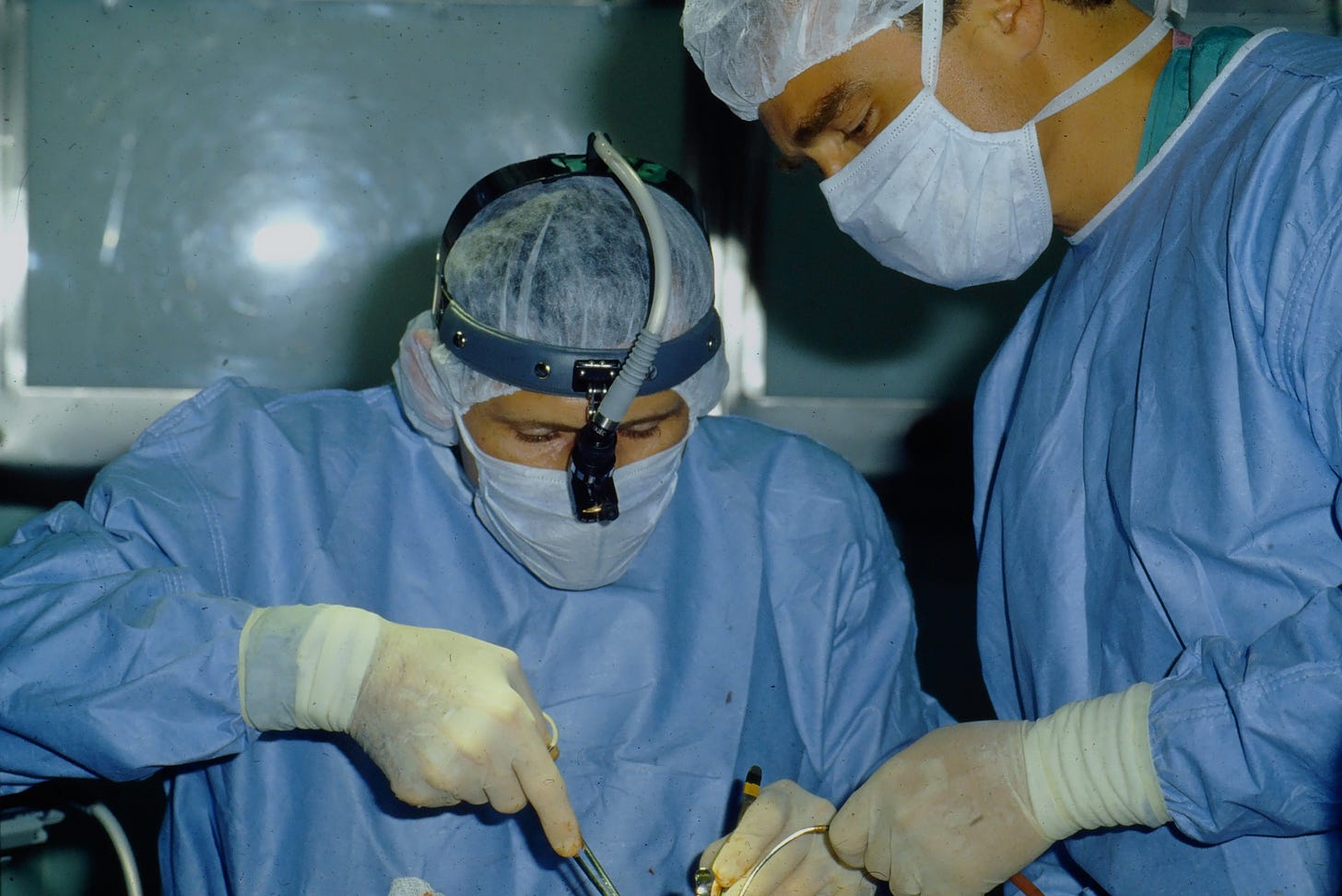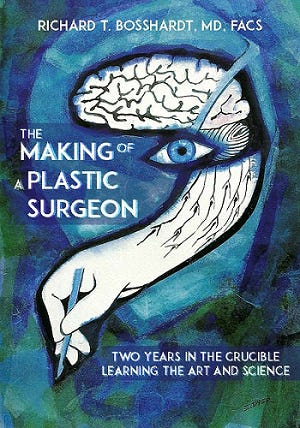ADHD and Me
Discovering ADHD explained so many things about my life that it was, in the truest sense of the word, an epiphany.
I have Attention Deficit Hyperactivity Disorder (ADHD).
This is not some bombshell revelation; it’s just who I am. I have had it all my life but only discovered this I was 45 and doing research on ADHD for a medical column I was writing for the newspaper. When I was a boy, children didn’t get labeled as ADHD or Attention Deficit Disorder (ADD). They were simply hyperactive or a discipline problem. I was both. I was fidgety and could not sit still. If I was bored by a lesson, I would simply leave my seat and go sit on the floor in a corner with a book. In third grade, my poor, despairing teacher sent me home with a note to my parents that I was going to grow up and become a “menace to society.” Decades later, I thought to look her up, but never did. I wish I had.
Discovering ADHD explained so many things about my life that it was, in the truest sense of the word, an epiphany. It was as though a light had been turned on in my life illuminating things that had long frustrated and mystified me. It explained my constant state of activity, even to the toe tapping that I do when trying to sit still and the tics that have always been a part of me; the fact that I can pretty much burn energy just sitting down; my distractedness that for years drove my poor wife of 43 years to distraction herself; and my paradoxical ability to hyperfocus which, at times, made me oblivious to the world around me when reading, or performing surgery. All this, and much more. I was finding out who I truly was.
The statistics on doctors, especially surgeons, with ADHD are hard to come by. ADHD prevalence in the general adult population is around 3-5%, but this is probably conservative as many mild cases go undiagnosed. This is likely close to the prevalence among physicians but, again, probably underreported. It is not known how many doctors with ADHD become surgeons. Surgery is ideal for those, like me, who do best with tasks that are both cerebral and physical. It is more than just liking to work with one’s hands; it is a total absorption in any task that interests one. Surgery is a high stress environment demanding intense focus, sometimes for hours at a time, and ADHD may actually be an asset. I think this was the case for me.
My ADHD does, however, include distractibility. A humorous but true ‘ADHDism’ is “They say I have ADHD but I think they are full of…..oh, look at the kitty!”. It is absolutely true. I am also very disorganized. I do not do check-off lists. At any time, I have multiple projects in various stages of completion. I procrastinate. Yes, I know everyone procrastinates at times, but I am an elite level procrastinator and have elevated this to an art form. I could go on and on.
I tried medications- Ritalin, Adderall, Strattera, but all had side effects that rendered them unacceptable. After four decades unmedicated, the psychiatrist I consulted and I mutually decided to simply leave things as they were. Then came retirement. Through all my years of clinical practice, I had structure. Each day was scheduled, sometimes weeks or even months in advance. No two days were alike. I thrived on such a schedule. With retirement 9 months ago that suddenly vanished.
Now, when I get up in the morning, without the usual alarm, I have a day stretching ahead with endless possibilities, and no specific demands. I can do what I wish. And there’s the rub. Without structure, I can lose myself in endless, unproductive activities: streaming online, reading emails, social media posts, minor tasks, cable television viewing. I can get into viewing lose myself in short video clips, one after another, on Facebook. When I try to write, endless distractions torpedo any meaningful progress. I am bombarded with sensory overload.
I resolved to deal with this, so I recently made an appointment with a psychiatrist friend (my original psychiatrist passed away at the young age of 65 in 2022) to revisit the possibility of medication. I am now trialing Vyvanse, an amphetamine precursor. When taken by mouth, it is metabolized by enzymes in red blood cells to release the active drug, dextroamphetamine. This gives a gradual onset over around 45 minutes and a smooth blood level lasting 12-14 hours; perfect for the workday without interfering with sleep. I started at 10 mg/day, a very low dose and have increased that after a week to 20 mg/day. I can take up to 70 mg/day depending on how I respond.
Hopefully, this will lead to more productivity in my writing and daily life and in more consistency in posting on this Substack.
If you know someone with ADHD please share this. My experience shows that you can have a rewarding personal and professional life with ADHD, whether medicated or not. If you have ADHD, I would love to hear of your experience with this.
Richard T. Bosshardt, MD, FACS
Despite my ADHD, or perhaps because of it, I made it through a grueling two-year residency in plastic surgery under an iconic plastic surgeon. For anyone with even a passing interest, The Making of a Plastic Surgeon- Two Years in the Crucible Learning the Art and Science, will provide a unique glimpse into this fascinating and widely misunderstood specialty. It is a great, easy summer read.




If you made it to your ripe old age with ADHD, with such a full and happy life, and unmedicated, I would call that a great success story. Moving into "retirement" would be expected to throw you off, and it sounds like you are taking constructive steps to update and readjust. Godspeed to you Rick! BTW, did you remember to close the garage door?
Can you share what you think you experienced in childhood that led you to your successful career and family life? For example, what your parents did to help you succeed, habits you developed as a kid/teen, etc. We have a very energetic child that reminds me of how you described yourself, and would be curious what you’d suggest.